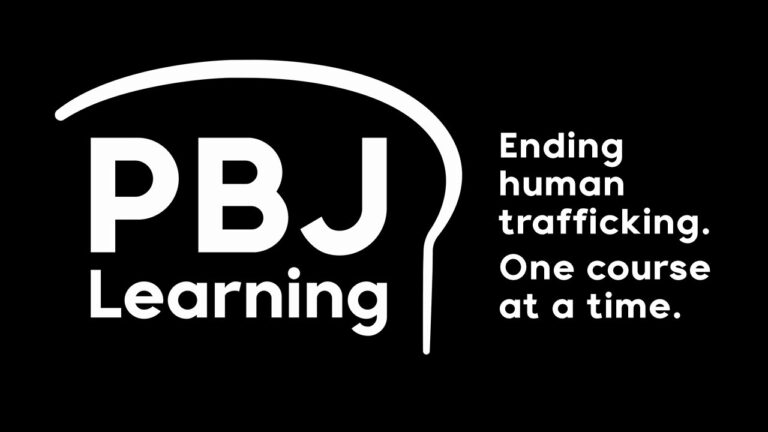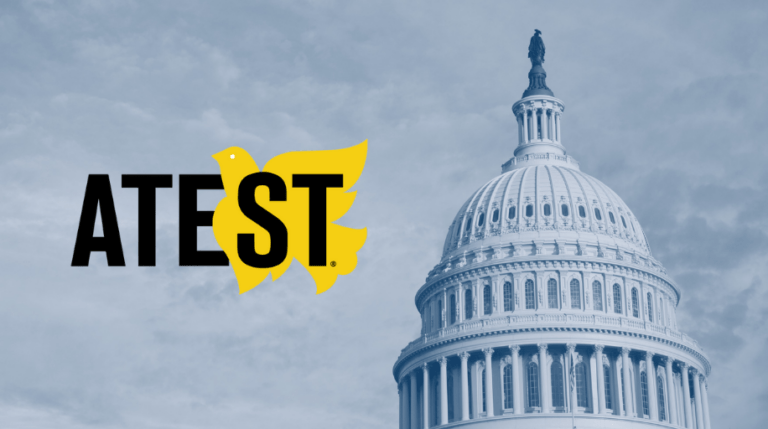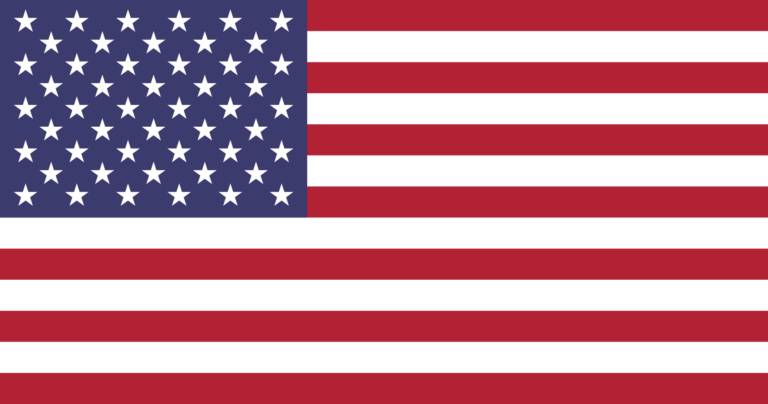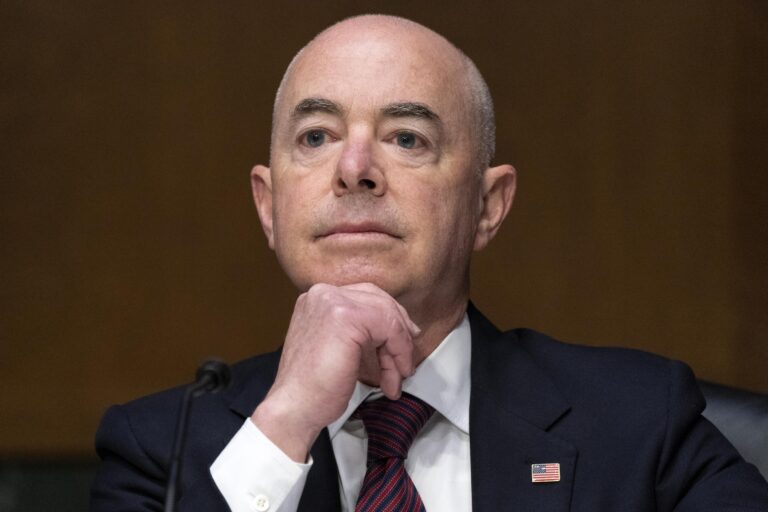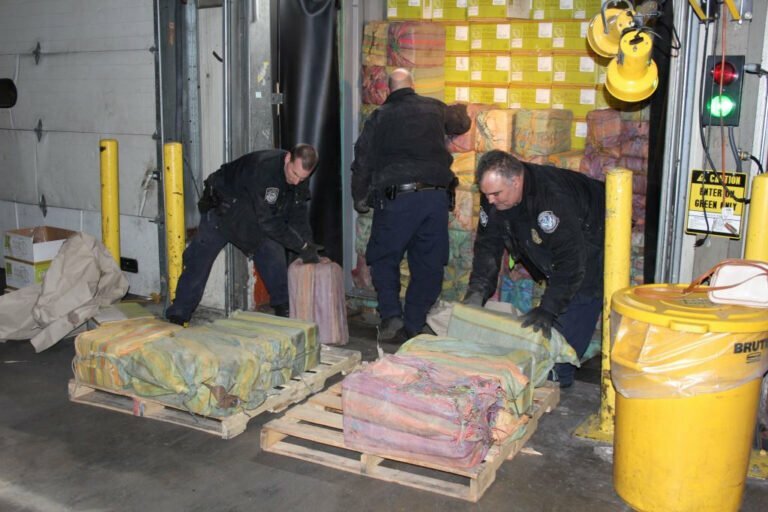ATEST Testifies to House Judiciary Subcommittee on Crime, Terrorism and Homeland Security on Ways to Plug Gaps in U.S. Anti-trafficking Programs
April 27, 2022 • 8:37 am • Terry FitzPatrick ATEST is was well represented at Wednesday’s herring of the House Judiciary Subcommittee on Crime, Terrorism and Homeland Security. Speakers at the session included: ATEST Director Terry FitzPatrick (see written testimony here) ATEST member organization Human Trafficking Legal Center Founder and President Martina Vandenberg (see written…

